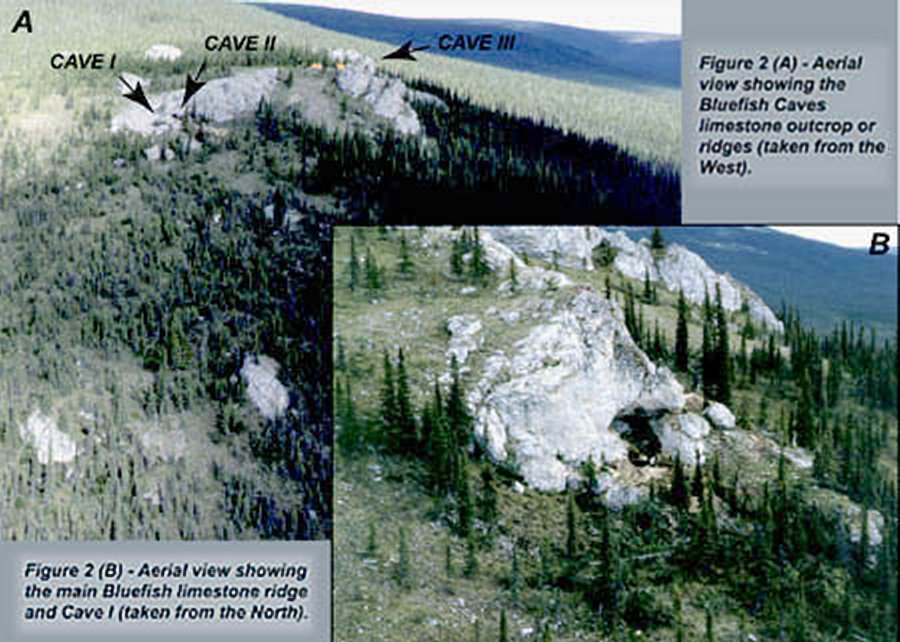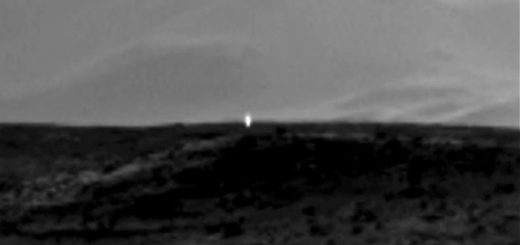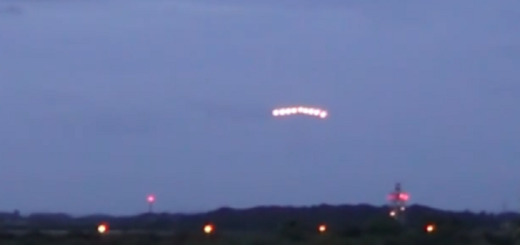Humans Arrived In North America 10,000 Years Earlier Than Previously Suggested
Until now, it was believed that humans created first settlement in North America approximately 14,000 years ago.
The arrival into the continent across the Bering Strait has now been set back 10,000 years, according to a recent study conducted by scientists from the Université de Montréal’ and University of Oxford.

The researchers made their discovery using artifacts from the Bluefish Caves, located on the banks of the Bluefish River in northern Yukon near the Alaska border. Animal bones discovered about decades ago in the northwestern Yukon’s Bluefish caves in Canada show evidence of marks left by human-made tools.
For example, the oldest fragment of a horse mandible was radiocarbon-dated at 19,650 years, which is equivalent to between 23,000 and 24,000 years ago, at the height of the last ice age or Last Glacial Maximum.
About 36,000 bone fragments recovered from the Yukon’s Bluefish caves and preserved at the Canadian Museum of History in Gatineau, have been examioned.
Analysis revealed undeniable traces of human activity in 15 bones. Around 20 other fragments also showed probable traces of the same type of activity.



 Creators of mankind
Creators of mankind Description of “Tall white aliens”
Description of “Tall white aliens” Where they came from?
Where they came from? About hostile civilizations
About hostile civilizations The war for the Earth
The war for the Earth “Tall white aliens” about eternal life
“Tall white aliens” about eternal life Video: “Nordic aliens”
Video: “Nordic aliens” Aliens
Aliens Alien encounters
Alien encounters The aliens base
The aliens base UFO
UFO Technology UFO
Technology UFO Underground civilization
Underground civilization Ancient alien artifacts
Ancient alien artifacts Military and UFO
Military and UFO Mysteries and hypotheses
Mysteries and hypotheses Scientific facts
Scientific facts


















